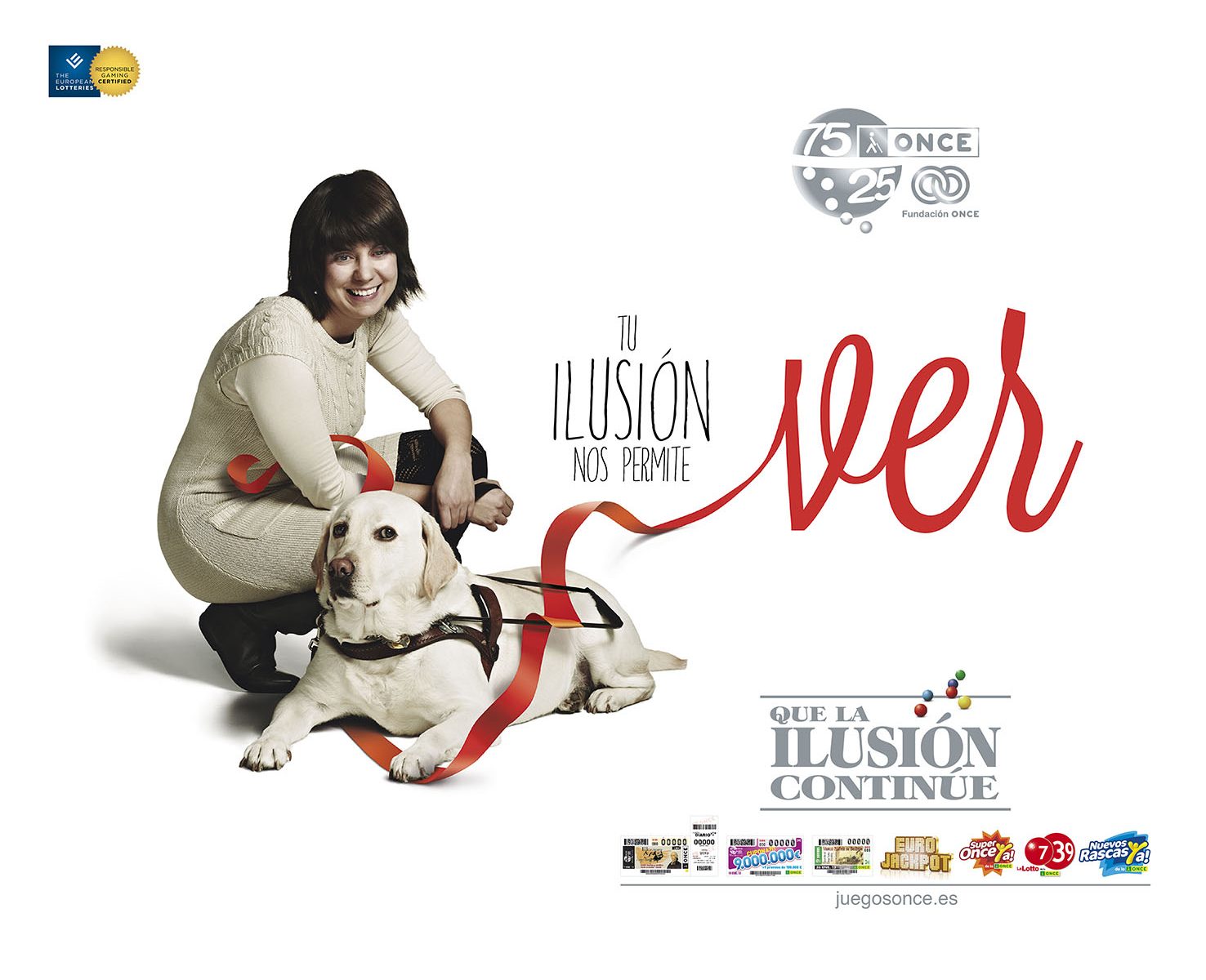Two and a half weeks ago, on the 30th of August, I went to a seminar called “Introduction to Interpretation” given by Prof. Benoît Kremer, a professional interpreter, member of AIIC (the International Association of Conference Interpreters) and lecturer at the University of Ginebra, one of the oldest (if not the oldest) university with a school of interpretation. As many of my friends are going to take a introductory class into interpretating, I thought that I might upload my notes of the seminar and I hope very much that this post might be of use to them.
Some historical facts about interpreting (from an Eurocentric point of view, no offense intended)
As a popular saying goes, interpretation is easily the second oldest profession on Earth. Whenever there has been contact between different cultures, there has been a need for interpreters, that is, people capable of speaking (let‘s not forget that language was predominantly oral) different languages, pass messages from one language into another and mediate between groups and people and cultures. Most of the time, said „contact between cultures“ has taken place because of the following two reasons: trade and war. Considering this, and taking into account that only rich people were able to learn more than just their mother tongue, interpreters were often rather powerful persons (like members of the court) and, more often than not, foreigners depended on their goodwill. That is why they often inspired mixed feelings of awe and fear (off-topic: see „mysterium tremendum et fascinans“, a term used in the Science of Religion, to know more about the interrelation of awe and fear); indeed, in Ancient times, interpreting was often considered an act of magic.
From the 13th up to the end of the 19th century, France was such an important cultural empire that French became the diplomatic language, used by all of the members of the higher social class: the Prussian king hardly knowing German at all and the Russian tzar speaking French with his family (sorry for not knowing the precise names or dates). Nevertheless, in order to protect themseles from foreign influences, the Ottoman Empire decided to promote the Turkish language. Thus the need arose to have interpreters work from and into Turkish, and some Turkish families only were allowed to persue this activity, forming a special social class of people, who learned other languages and trained in the art of translating and interpreting. In fact, the influence of these interpreting families were of such a great importance that the Turkish name for ‚interpreter‘ passed into French and was used until the word „interpreter“ was coined.
In the 19th century, things changed. Europeans had taken a foothold in China and tried to profit from the vivid trade of opium and other products controlling and taxing its commerce, which led to the so-called „Opium wars“. These large-scale military operations and the following peace negotiations led the European militaries to create a kind of framework of rules for (military) interpreters. Much the same case in Northern Africa: following the invasion and conquest of many of the North-African countries by France, inside the French military interpreters that could interpret between Arabic and French became necessary. An interesting case of civil interpreters in the 19th century is the case of international trade-unionism: during the Industrial Revolution in England, workers began to see that they could achieve more united than all-alone and began to join trade-unions, first city-wide, than expanding to a national level until the creation of international trade-unions. Very soon they became aware of the problem of communication between workers (i.e., people that had no access to general education and even less to other languages) with different mother tongues and had to recruit interpreters, them being the first hired interpreters.
Another two turning points in the development of interpretation as a profession were the First World War and the Second World War because of the huge amount of necessary international negotiations after the end of each war. In the aftermath of WWI, the League of Nations (an idea from US-President Wilson; nevertheless, the United States did not join it) was founded in order to avoid tragedies similar to WWI, in order to avoid war and look for diplomatic ways of resolving conflicts. Accordingly, at their meetings many different languages could be heard and French (as the traditional language of diplomacy), English (because of the growing importance of the United States of America and taking into account that Great Britain and the USA were two of the Allied victors of the First World War) and Spanish (from 1920 on) were the Leage of Nations‘ official working languages. Speeches might take one hour, after which a consecutive interpretation followed. Theses consecutive interpreters (“our forefathers“, the most important ones being Herbert – later on he would become Chief Interpreter of the Red Cross -, Mantoux and the Kaminker brothers) needed to be accostumed to extremely formal contexts and have high rhetorical and diplomatic skills, apart from language skills, a good memory and, last but not least – in fact, one of the most important traits-, excellent general knowledge of politics and culture, in order to be able to pass important speeches eloquantly into another language and still allow for the same effect on the audience. As it was not so much about languages, but about being cultured and well-read, most interpreters were scholars, university professors (Herbert studied Asian religions) and not linguists.
As we all know, the League of Nations did not prove effective at maintaining world peace and preventing any future world war. After World War II, the Nuremberg Trials were held in German, English, Russian and French. A consecutive interpretation into all these languages would have prolonged the hearings considerably, which made this kind of interpretation unfeasible. In the years before the war simultaneous interpretation had been used more and more, but never on such a scale. In 1945, General Eisenhower‘s personal interpreter, Colonel Léon Dostert, was asked to provide a practical solution to the problem: many interpreters, translators, linguists and other people with knowledge of more than one language were asked to do an entry test, in order to see how well they would perform under the pressure of simultaneous interpretation (in 1942 the School of Translators and Interpreters was founded at the University of Ginebra, so that in 1945 the first generation of universitary interpretation graduates were ready); three shifts of interpreters allowed for constant interpretation services; and interpretation cabins and technical equipment (headphones for the interpreters and microphones that were connected to the headphones of the audience), all of this made the simultaneous interpretation of the Nuremberg Trials possible and this moment was to be the birth of modern simultaneous interpreting. Also as a consequence of World War II and the fall of the League of Nations, the United Nations Organization was founded, with Spanish, English, Russian and French as its official languages (in 1973 Arabic and Chinese were added).
More in the next post.
PS: Interpreters in war-zones who helped occupying forces have repeatedly been considered as traitors by the occupied people and are in constant danger after the withdrawal of the occupying forces. There are a lot of petitions online to urge governments to accept these former interpreters under political asylum that you might be interested in. Also, in the case of the translation of secret information, interpreters and translators alike have often been seen as a compromising and potentially perilous element…




